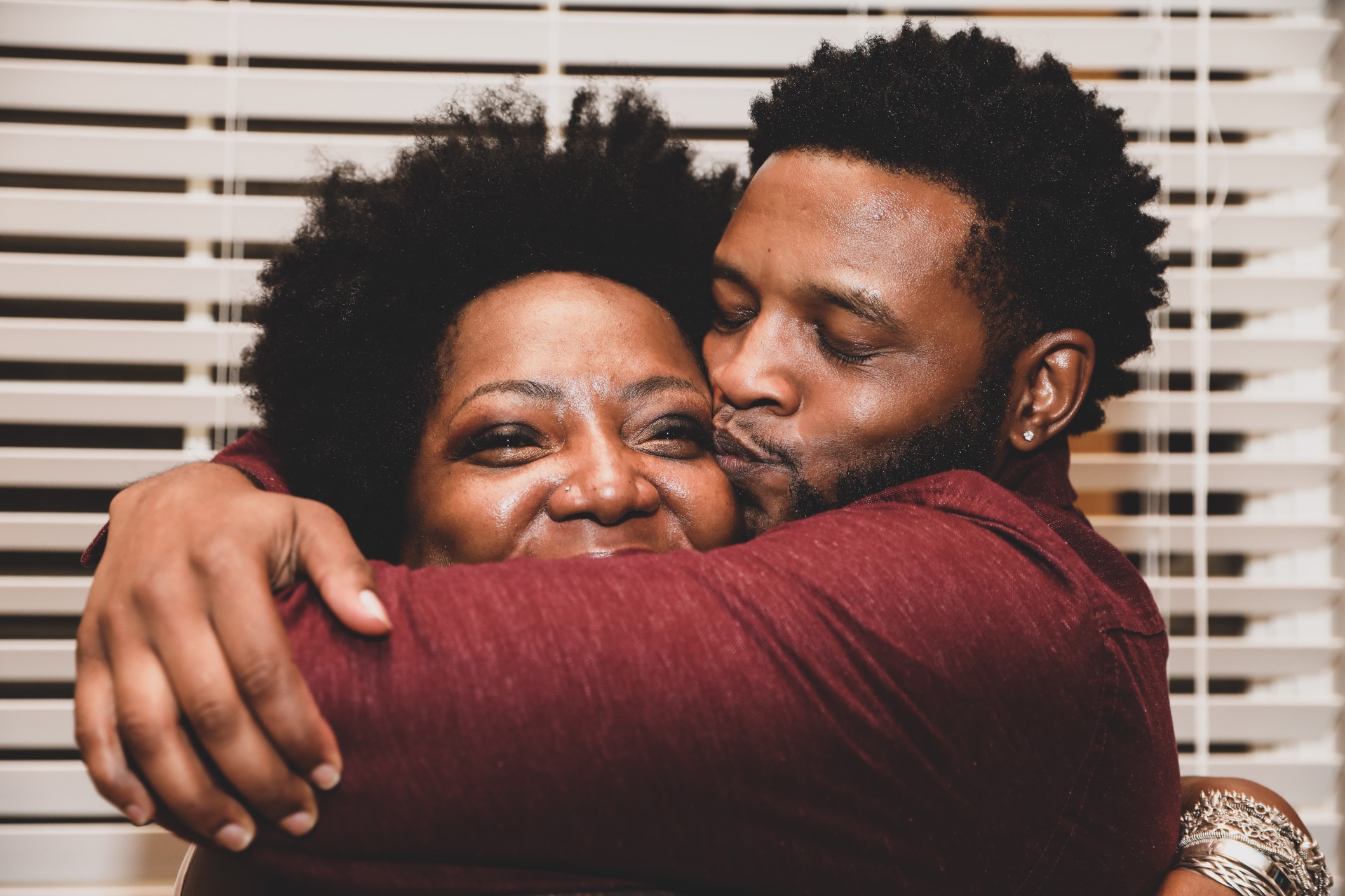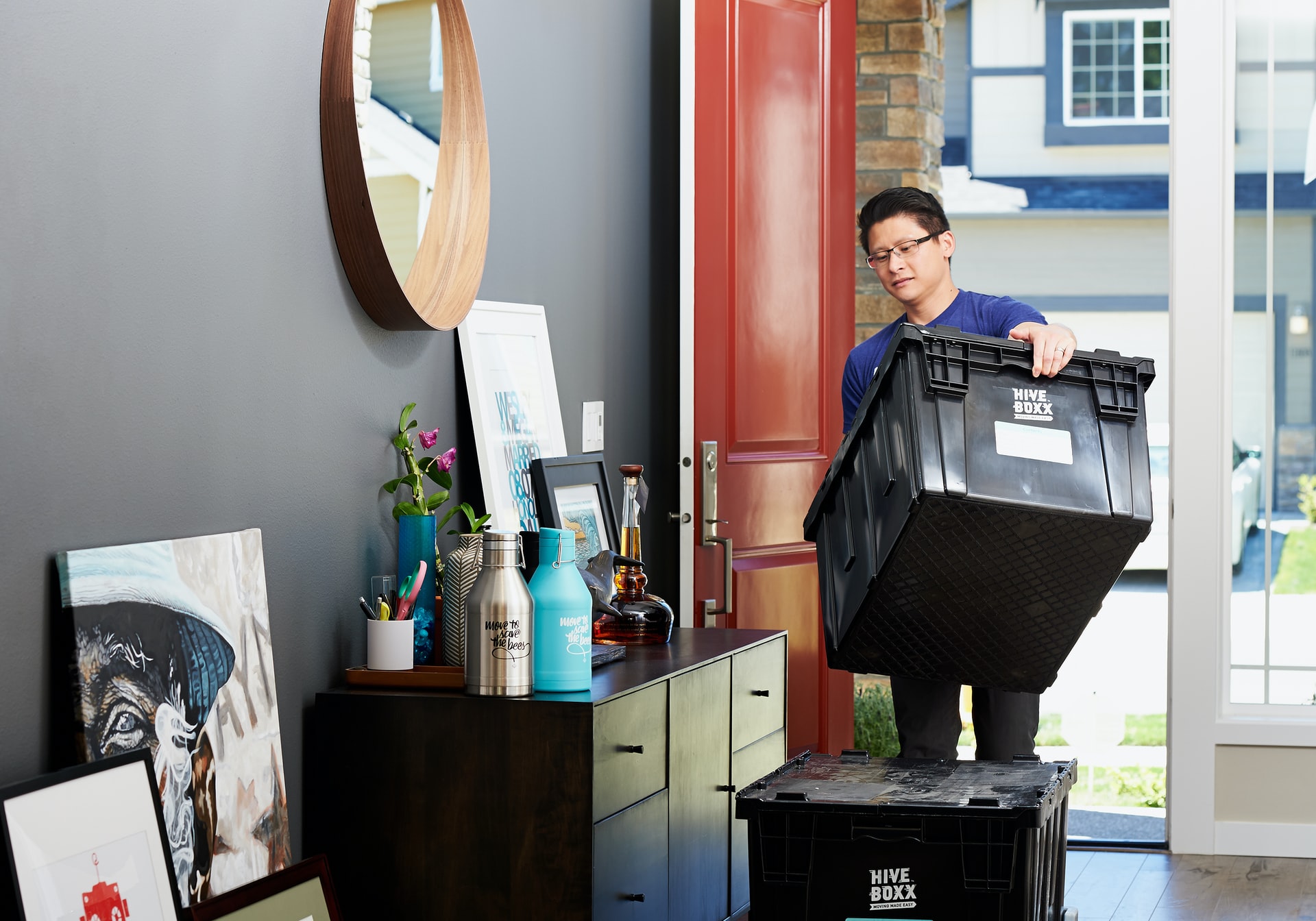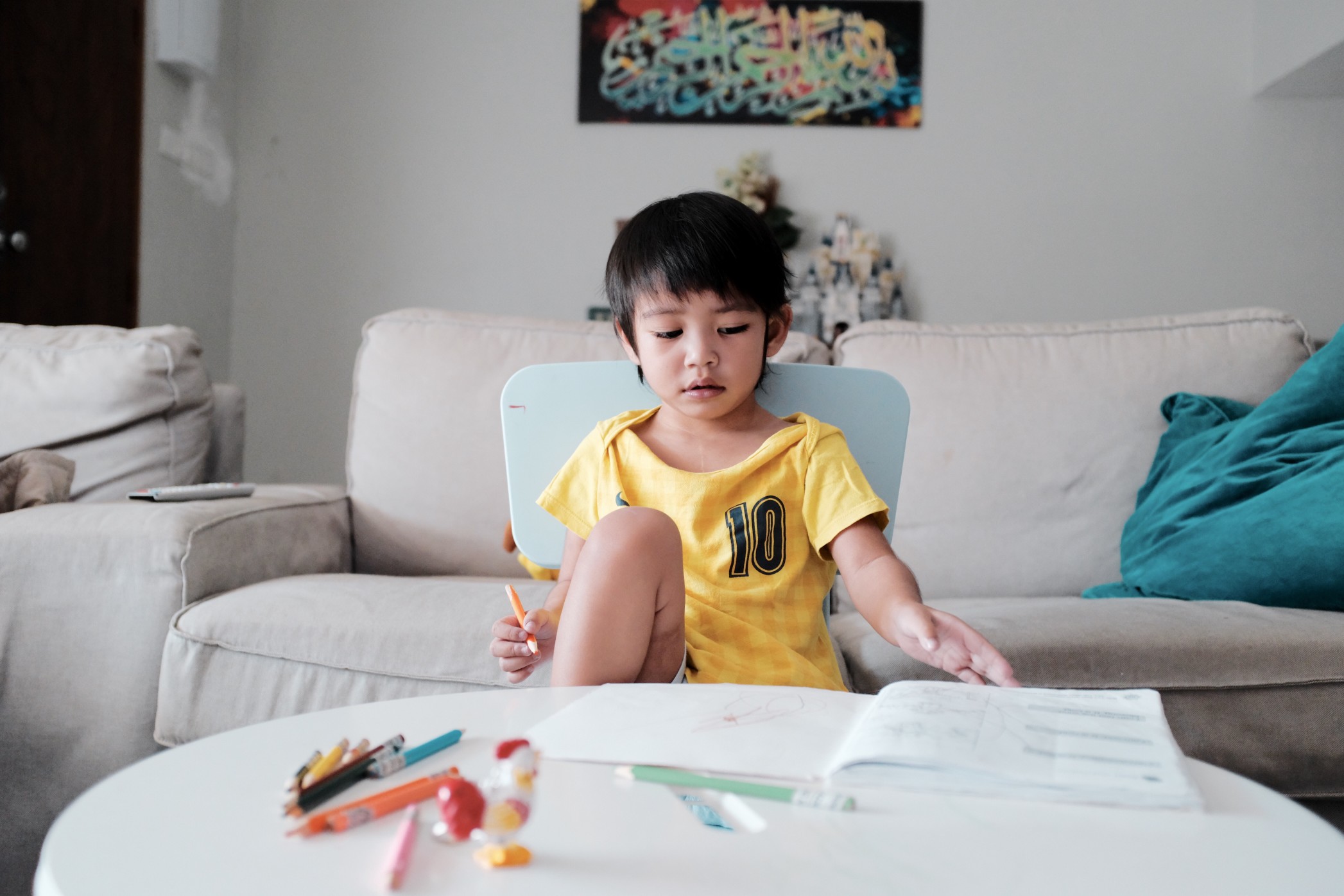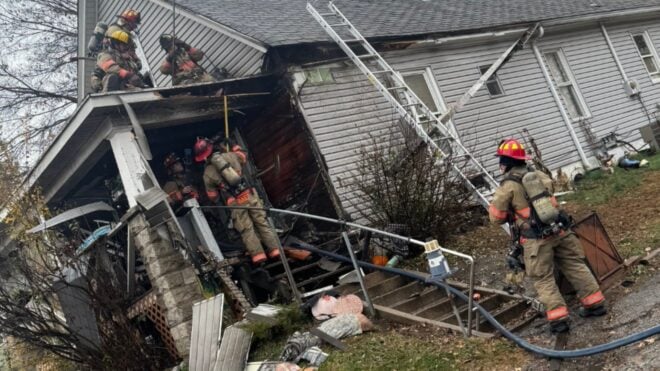
I lost both of my parents. It's something I'm still coming to terms with, and there's so much that's still unsettled. Because there's something that nobody tells you about loss. When you lose your parents, it feels like you lose your childhood.
It's almost overwhelming to realize that I don't really have a big reason to visit my hometown anymore. What was once all I knew is now on the track toward becoming a distant memory. If I want to visit my parents at their gravesite, I'm going to have to book a hotel room.
My dad, who died suddenly yet peacefully in July of 2020, was prepped for this moment. I think he started preparing the second after my mom died roughly 17 years ago, if not sooner. He and I used to have long conversations on the front porch of his house, which also used to be my home. With confidence, he looked me in the eye and said, "I'm ready for this." He'd lived a good life, had two daughters he was proud of, and had his one love whom he very truly missed. He never tried to move on after my mom died. In his eyes, nobody could ever compare.
Losing your parents comes in many forms. Maybe it's something you've been prepared for. Or maybe you haven't talked to them in years and feel regretful over the things you never got to say. Other times, the loss completely comes out of the blue. Your parents might not even have a particular diagnosis before dying. Like all deaths, it will take a long time to process. While it's been only a few months, I still can't wrap my head around the fact that he's no longer here. In all honesty, I expect that feeling to linger for several more months.
But as I've experienced parental loss before, it's slightly different this time around. Here are other suggestions that will help your grieving process.
Find people who've been through the same thing.

There's a "club" of people who've also dealt with parental loss seemingly earlier than others. While you've all bonded over something terrible, having someone else who knows what it feels like is important. You're going to face friends who simply don't know what to say. Some will let you down.

It's not because they don't care. It's simply because they are too nervous to approach the subject of death and loss. If they've been excellent friends prior to the loss, it may be good to accept this fact. If you need to grieve or vent, they may not be your top choice. But they should still remain in your life.
Show kindness and understanding toward your siblings.

If you grew up in a big family, there will be a lot of people you can lean on. But not all sibling relationships are perfect. Maybe you know a sibling had been talking negatively about you prior to everything that happened. Or perhaps there was always a rift from childhood. Try your hardest to temporarily forget the past, especially if it's somewhat petty. Right now, you need each other more than you ever have before. Trying to mend any patches with your siblings would have also made your parents proud.

While this may be difficult to do, just remember that your siblings are also grieving. Despite what their relationship was like with your parents, they're going through the loss as well. Give them space and support, and try to keep all the focus on the death and the next steps to take. It'll make the hard process a little easier.
Accept the changes you'll undergo.

You may not feel like yourself for the first few weeks after hearing the news. That shift may end up lasting a long time, as researchers have learned that parental death changes someone forever.
"In the best-case scenario, the death of a parent is anticipated and there's time for families to prepare, say their goodbyes, and surround themselves with support," psychiatrist Dr. Nikole Benders-Hadi told Fatherly. "In cases where a death is unexpected, such as with an acute illness or traumatic accident, adult children may remain in the denial and anger phases of the loss for extended periods of time … [leading to] diagnosis of major depressive disorder or even PTSD, if trauma is involved."
At a time like this, you need to accept the fact that change is happening. It's very healthy to book time with a counselor. Even if you've never been to one before, they can help you learn how to recover.
Write out how you feel.

Writing can be very therapeutic, and it can help you organize your feelings and thoughts. You might be writing something that you never want to look at again. Or just the opposite — for some people, writing and looking back at those memories helps keep them alive. Sometimes, writing will help you remember things about your parents that you never want to forget. As far as processing goes, taking on any creative outlet often helps. Sometimes, painting a picture will help you express your feeling more than words can. Just remember, these things often take a lot of time to process.
Understand that it hurts at every age.

My parents were both fairly young when they died. My dad was able to meet his grandchildren, which I'm very thankful for — but knowing that my mom, who would've been a natural grandmother, never got to even attend my wedding still weighs heavily on my mind. It's so hard to think about all that she missed because of cancer.
In becoming a parent myself, I was able to see the other side of that pain and fully come to terms with the fact that those losses were also at the top of her mind. While my dad was able to view those magical moments, he never got to see my daughter start school. He'll never know whether or not she'll play sports in school, or what career she'll eventually pursue. It's yet another grocery list of missed moments.

Even if my dad held on another 10 years, there would still be things added to that list. As David Sack, MD, wrote for Psychology Today after losing his father, despite being 52, "People say it is like losing a part of yourself, but I felt like my anchor to my identity was what had been severed."
This grief isn't new. Unfortunately, it's something everyone will someday go through. I've just had to experience it earlier than most.
Accept that you'll have good and bad days.

There may a week where you feel better. But then the next day just thinking about a deceased parent will lead you to tears. It's very hard for me to get my emotions in check — and that's OK. The people who truly care about you won't make you feel awkward for crying at the drop of a hat or needing to vent. That's what good adult relationships are for.

According to LifeCenter Northwest, it's very common for grieving to happen in waves: "For many of the families we work with, the grieving process is marked by the oscillation between disruptive sadness (the bad days) and more manageable moments of clarity (the good days)."
Eventually, the bad days lessen. They're still there but to a lesser degree. The memory of your parents will never leave you, and you'll never stop thinking about them, but it'll become slightly easier to manage.
Treat yourself to a vacation.

It seems strange to vacation at a time like this (especially in a year like this), but even getting away for the weekend to a secluded and safe spot may help lift your spirits. Changes of scenery can really help you focus — and science backs that up.
"When we feel relaxed, we feel our minds quiet, the distracting mental chatter and noise recedes, and we start to feel more attuned to ourselves and the environment around us. In short, we feel more connected," writes Psychology Today. While you likely won't be completely relaxed based solely on a location change, it can definitely help you work through your feelings. This should be done after final plans have been set and executed. You don't want to be out of town when big decisions need to be made regarding burial and your parents' property if they owned a home.
If you're a parent, think of creative ways for your child to honor their grandparents.

It's a big switch when you realize that your mentors in life are gone. Now they've passed the baton officially to you. Even though you're likely an adult who's been making your own decisions for some time, it's still strange to realize that you're suddenly all alone. You don't need to appease your parents anymore or factor them in when it comes to holiday plans. It's a weird feeling, but it would likely fit into the overall category of "sad."
But there are ways to positively spin it — especially if you have kids. If they're old enough to understand death, you'll want to sit down with them and remind them how much their grandparents loved them and what they loved about their personality. For younger kids, it's always good to tell stories and keep your parents alive in that way.

If you agreed with your parents' method of parenting, it's also powerful to incorporate one or two of their techniques into your schedule. For example, maybe you loved how your family sat down to dinner every night without electronics or a television when you were growing up. You can try to make that part of your routine as well, as a way of honoring them.
You can also have your children write stories about their grandparents. It'll serve as an excellent keepsake later, especially if their own personal memories start to dissolve. As long as you're there to tell their stories, part of them will always be alive.




